


The National Conference (NC) leader, Omar Abdullah, took oath as the first Chief Minister of the Union Territory of Jammu and Kashmir. Along with five other ministers, the NC government made efforts to ensure equal representation from both Jammu and Kashmir provinces. In his first address, Omar made it clear that his government will work towards bridging the gap between people and the administration, and prioritizing balanced political representation. Despite facing criticism for not including the Congress in the government, senior Congress leaders and other political leaders attended the swearing-in ceremony, while Prime Minister Narendra Modi guaranteed his support and cooperation for the progress of Jammu and Kashmir under Omar's leadership.
Omar Abdullah: Former Chief Minister of Jammu and Kashmir
Background
Omar Abdullah is an Indian politician who served as the 11th Chief Minister of Jammu and Kashmir from 2009 to 2015. He is the son of Farooq Abdullah, a prominent Kashmiri leader who also served as Chief Minister. Omar Abdullah belongs to the National Conference (NC), a regional political party based in Jammu and Kashmir.
Chief Ministership
Omar Abdullah became Chief Minister in 2009, forming a coalition government with the Indian National Congress (INC). During his tenure, he focused on reconciliation and development in Jammu and Kashmir, which had been plagued by separatist violence.
Key Policies
Some key policies implemented by Omar Abdullah's government included:
Challenges
Despite his efforts, Omar Abdullah faced significant challenges during his term. These included:
End of Term
Omar Abdullah's government lost the 2015 assembly election to the Bharatiya Janata Party (BJP)-led People's Democratic Party (PDP) coalition. He has since remained active in politics as a member of the NC and the opposition in Jammu and Kashmir.
Top 5 FAQs
1. Why did Omar Abdullah become Chief Minister? He became Chief Minister after the NC-INC coalition won the 2008 assembly election.
2. What were the major achievements of his government? His government implemented policies aimed at improving governance, economic development, and reconciliation.
3. What challenges did he face? He faced separatist violence, tensions with Pakistan, and criticism from his coalition partner.
4. Why did his government lose the 2015 election? The NC-INC coalition was defeated by the BJP-PDP coalition in the 2015 assembly election.
5. What is Omar Abdullah's role in politics today? He remains active in politics as a member of the NC and the opposition in Jammu and Kashmir.
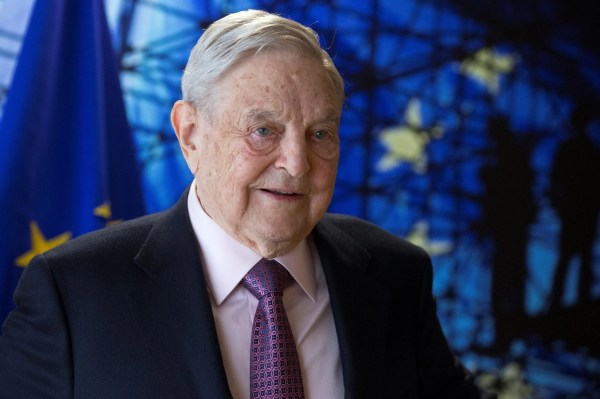
Tesla CEO Elon Musk has taken aim at US President Joe Biden for awarding the Presidential Medal of Freedom to philanthropist George Soros, calling it a "travesty." This comes after Soros' son accepted the award on his behalf, with Alex Soros stating that his father's legacy is one of fighting for freedom and human rights. The move has sparked criticism from MAGA supporters and Republican leaders, who view it as a "slap in the face" to America.
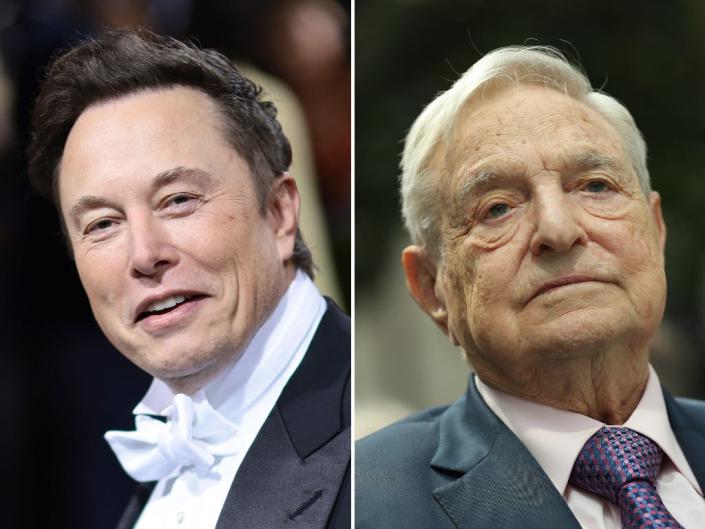
Tesla CEO Elon Musk made headlines for openly condemning President Joe Biden's decision to give billionaire philanthropist George Soros the highly prestigious Presidential Medal of Freedom. Musk expressed his disapproval on his social media platform X, formerly known as Twitter, and called Biden's decision a "travesty." Biden announced the list of 19 honorees for this year, citing Soros' focus on global initiatives for democracy, human rights, education, and social justice as the reason for his selection. However, Musk's public criticism has sparked debate and raised questions about the controversial awardee.
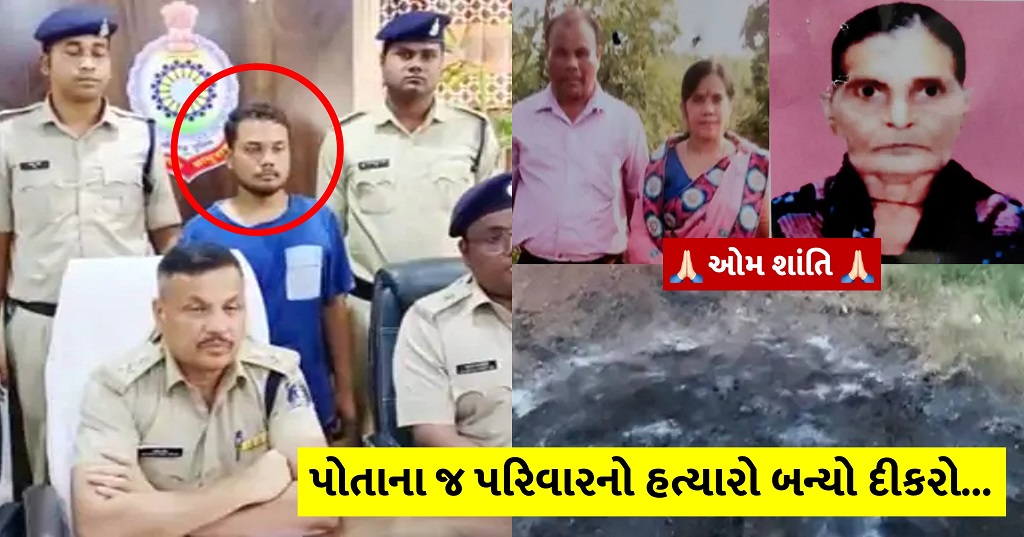
The murder of journalist Mukesh Chandrakar in Chhattisgarh has led to the arrest of three suspects, including key accused Ritesh Chandrakar, who is a relative of Congress leader Suresh Chandrakar. Investigations have also revealed that the victim and the accused were cousins. Chandrakar's murder has drawn attention to an alleged corruption expose, which allegedly led to his death. In light of these developments, the state has launched an inquiry and seized illegally possessed land from the Congress leader's family.
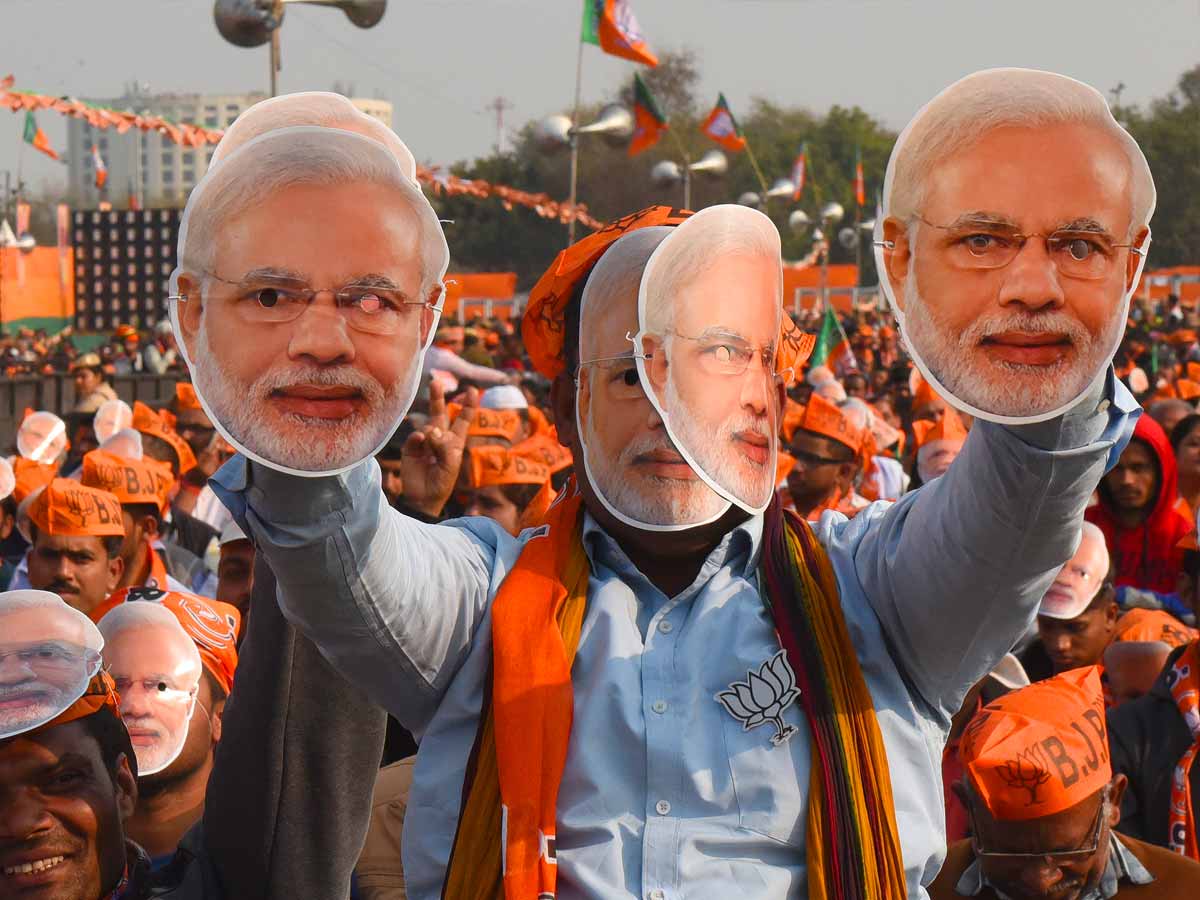
The Bharatiya Janata Party has released its first list of candidates for the upcoming Delhi Assembly elections, including big names such as former MP Parvesh Sahib Singh Verma and MLA Kailash Gahlot. The list also features candidates from different backgrounds, such as former Congress MLA Rajkumar Chauhan and former Delhi University Students Union president Rekha Gupta. With this bold move, the BJP aims to secure a strong position in the upcoming elections.
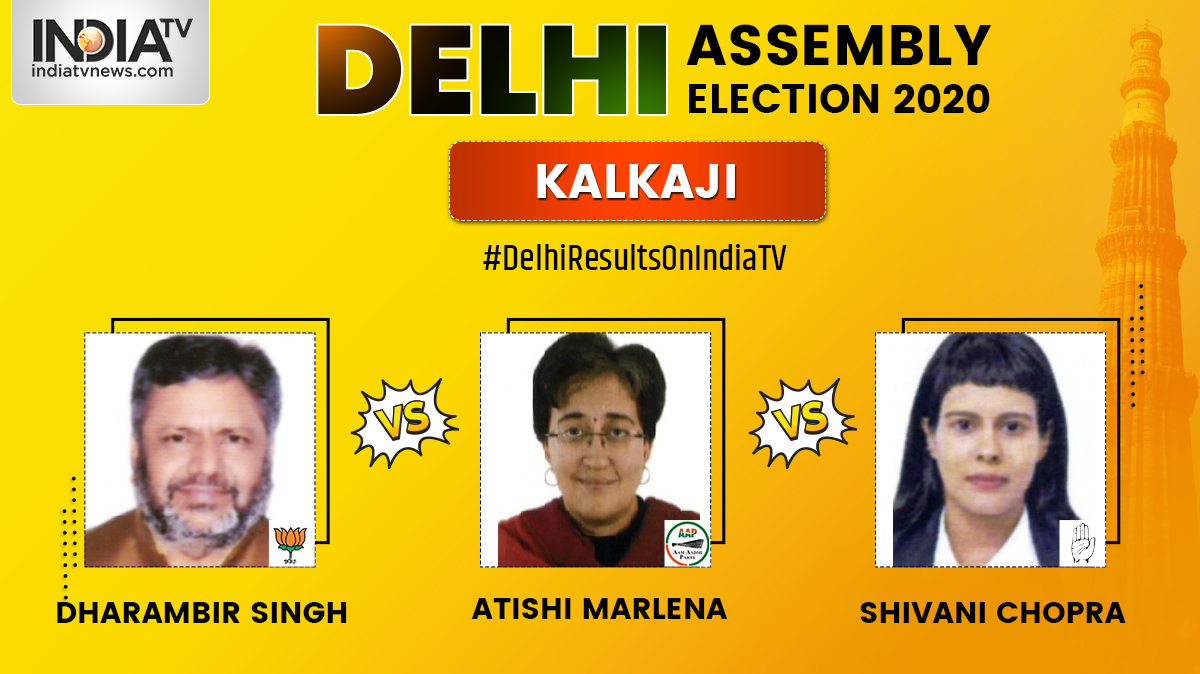
Amidst the highly anticipated Delhi assembly elections, all eyes are on the Kalkaji constituency as Chief Minister Atishi of the ruling Aam Aadmi Party, former MP Ramesh Bidhuri of the Bharatiya Janata Party, and senior leader Alka Lamba of the Congress all vie for the seat. With a history of multiple party wins and changing loyalties, the race for Kalkaji is bound to be an intense one. As Atishi, Bidhuri, and Lamba all bring their unique strengths and experiences to the table, the outcome of this election will be crucial for all three parties involved.

The BJP has announced its candidate list for the upcoming Delhi elections, with Parvesh Verma set to contest against incumbent CM Arvind Kejriwal in the New Delhi seat. In response, Verma has openly challenged Kejriwal and called for accountability for his actions as CM. The BJP has also fielded other notable candidates, including Ramesh Bidhuri in Kalkaji, leading to speculation about the party's confidence in their own candidates.
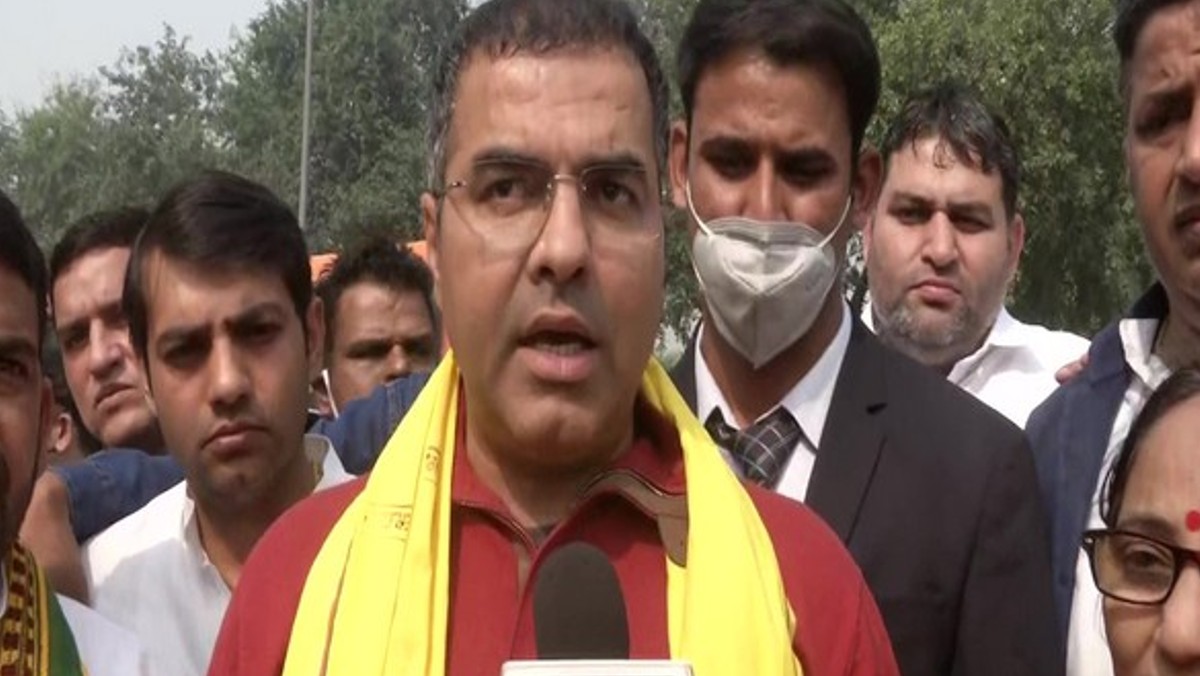
Parvesh Verma, the BJP candidate for the New Delhi assembly seat, expressed his gratitude to the party leadership for giving him the opportunity. He confidently asserted that the BJP will form the next government in Delhi and promised to address issues such as tax mismanagement and unemployment. Verma also taunted his opponent, incumbent CM Arvind Kejriwal, and challenged him to not run away from the New Delhi seat. Meanwhile, Kejriwal responded to PM Modi's criticisms by highlighting AAP's achievements in education, healthcare, and housing and attacking the BJP's slow progress in these areas.
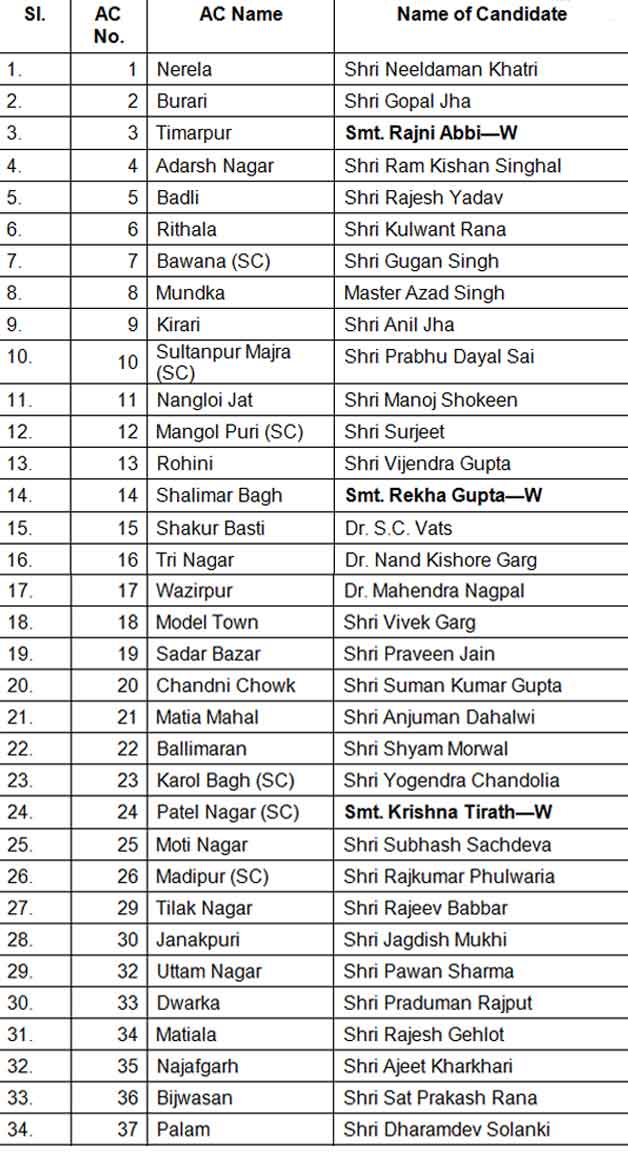
The BJP has released its first list of candidates for the upcoming Delhi Assembly elections, with 29 names announced. Former MP Parvesh Verma will be contesting against AAP supremo Arvind Kejriwal in the New Delhi seat, while Chief Minister Atishi's opponent will be former MP Ramesh Bidhuri in Kalkaji. Other key candidates include national office-bearers Dushyant Kumar Gautam and Ashish Sood. This announcement comes as the latest development in the highly anticipated elections, with more updates to come.
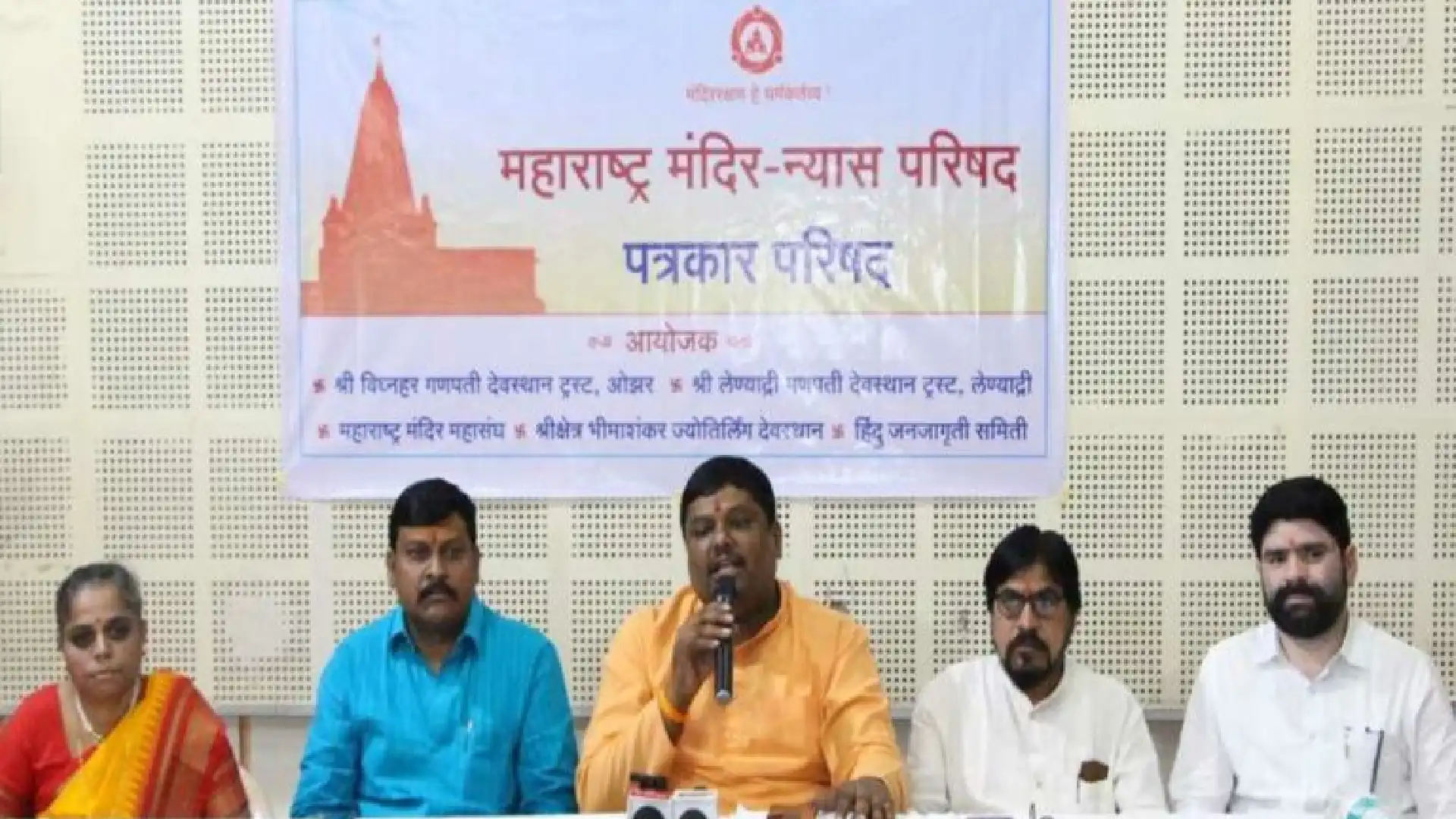
The third Maharashtra Mandir Nyas Parishad, attended by over 875 temple representatives, passed resolutions including conducting ‘Collective Aarti’ weekly and urging the government to free all temples in Maharashtra from state control. The event was held in Shirdi and was attended by key leaders and advocates of temple preservation. Key demands such as fast-tracking court cases regarding Kashi and Mathura and declaring temple premises as ‘alcohol and meat-free zones’ were also made. The National Organiser of the Mandir Mahasangh, Mr. Sunil Ghanwat, has urged the government to take prompt action on these resolutions.
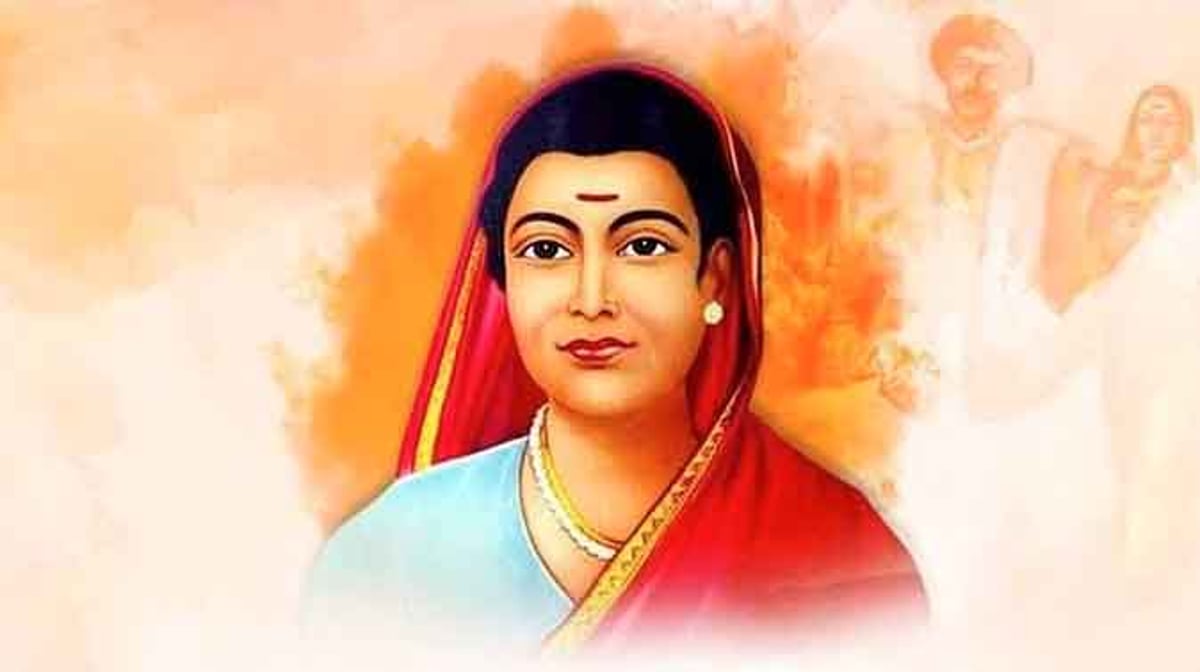
On the 194th birth anniversary of Savitribai Phule, Nagar Kurnool MLA Dr. Rajesh Reddy emphasized the importance of following her ideals during an event organized by the District Education Department. He lauded the state government's declaration of January 3rd as Women's Teachers' Day and its commitment to realizing Savitribai's vision for social equality. In the presence of District Collector and Education Officer, several women teachers were honored and a student dressed as Savitribai Phule received special recognition.